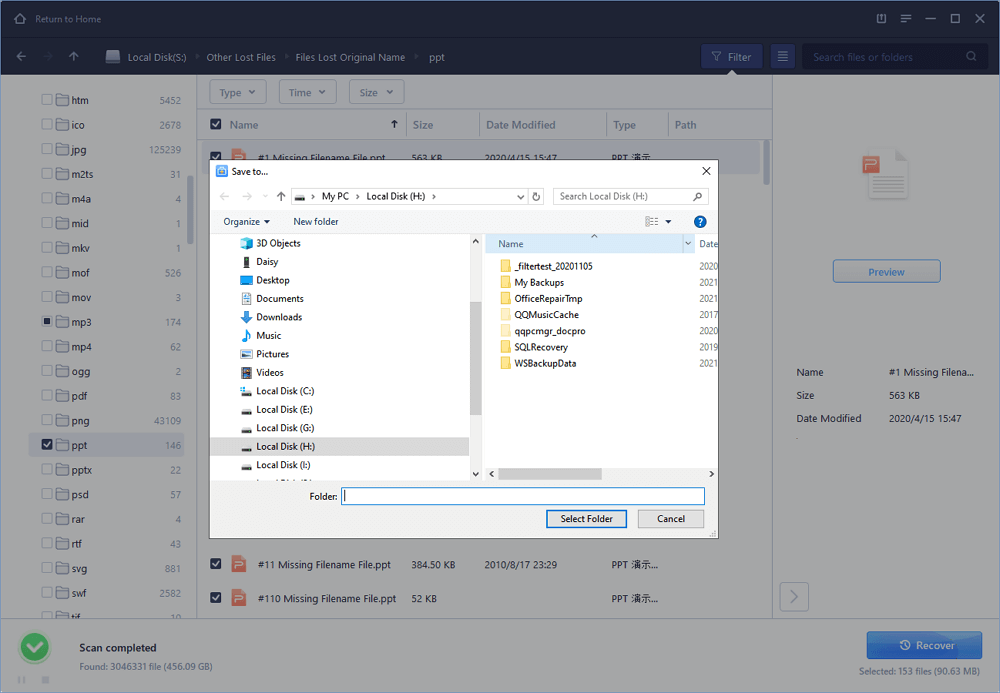

Sudo apt-get install e2fslibs-dev #Required for compilationĮxtundelete -version #Should be your *.*.* versionĮxample of usage: restore all deleted files from directory Images into new created directory restore sudo extundelete -restore-directory Images/ -o restore /dev/sda3īad news if you see your file XXXX within the following format: Unable to restore inode NNN (Images/XXXX): Space has been reallocated. Tar -xf extundelete-*.*.*-.tar.bz2 #Replace *.*.* by the version Or better, you can download the latest version and compile it: cd ~/Download Step 1: Creating TestDisk Data Log File To recover deleted files, first you need to create a testdisk.log file, as this log data is essential as it contains useful information for recovering your data later. Its an easy to use tool that almost anyone can use. You can install extundelete from classic Ubuntu repository: sudo apt-get install extundelete Brief: This article shows you how to recover deleted files in Linux using command line tool Test Disk. Then read the chapter What to do if you've deleted a file. First unmount ( umount) the file system where the files have been deleted.


 0 kommentar(er)
0 kommentar(er)
